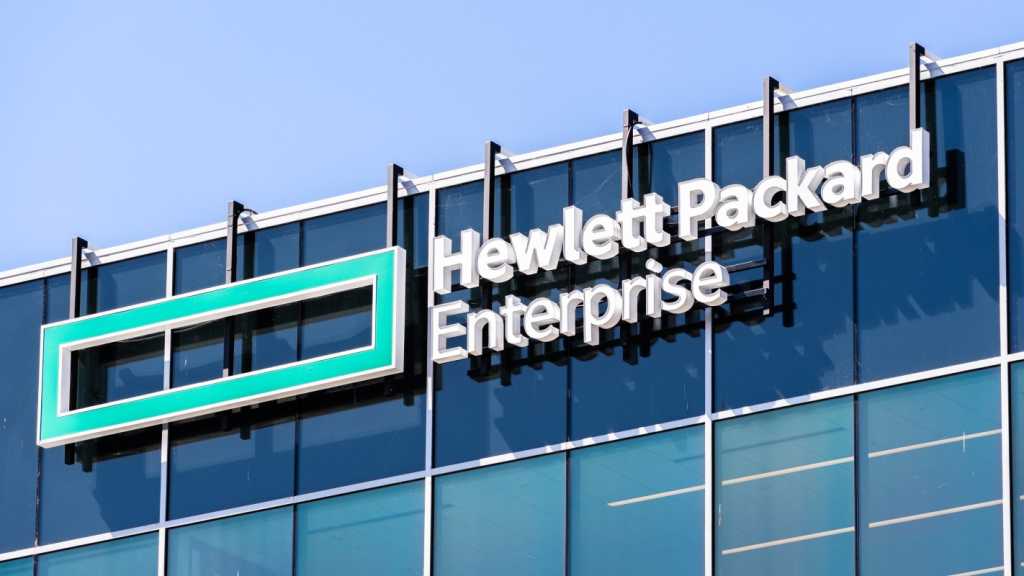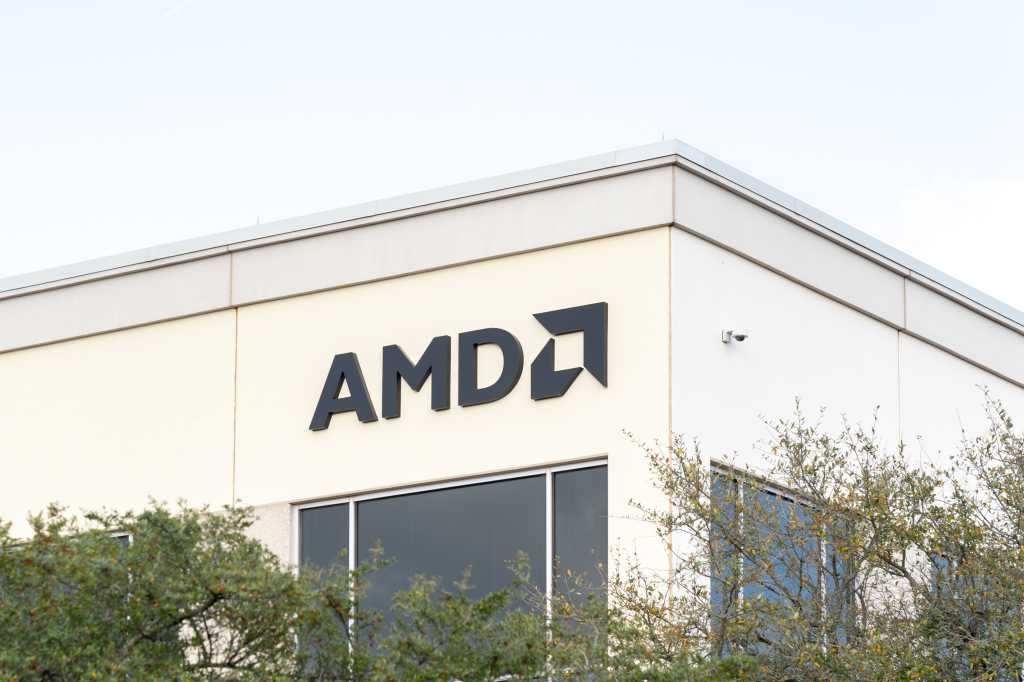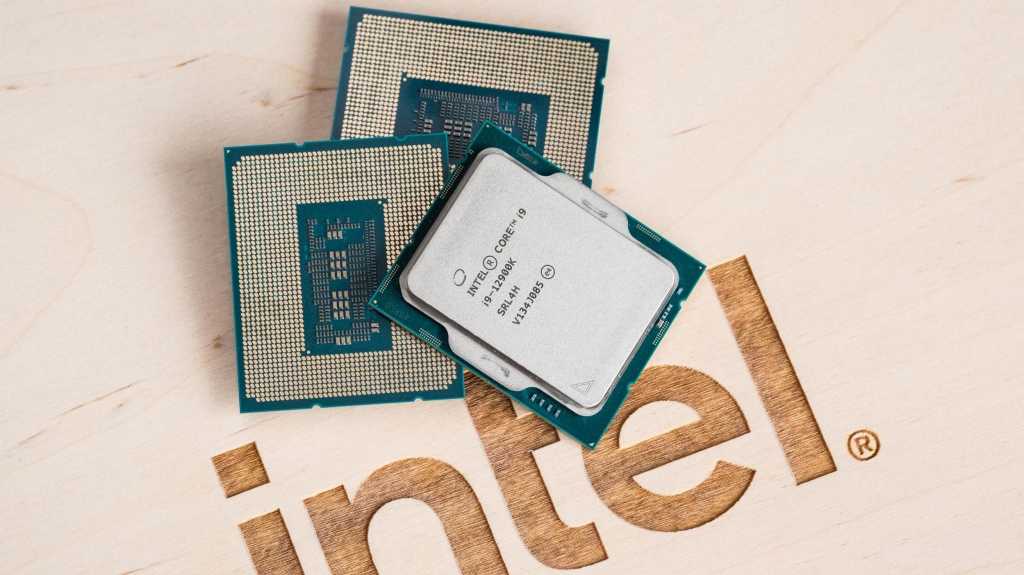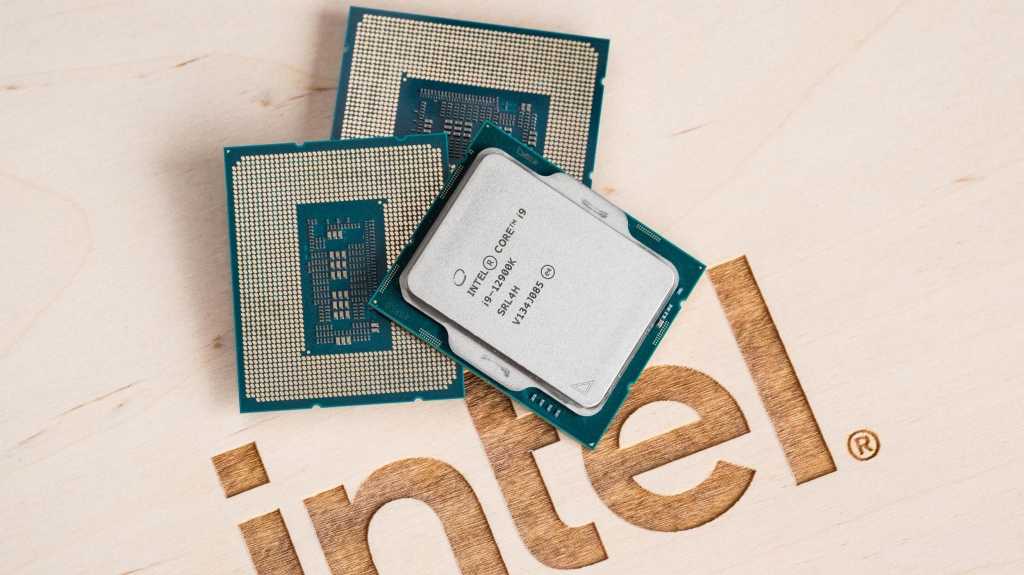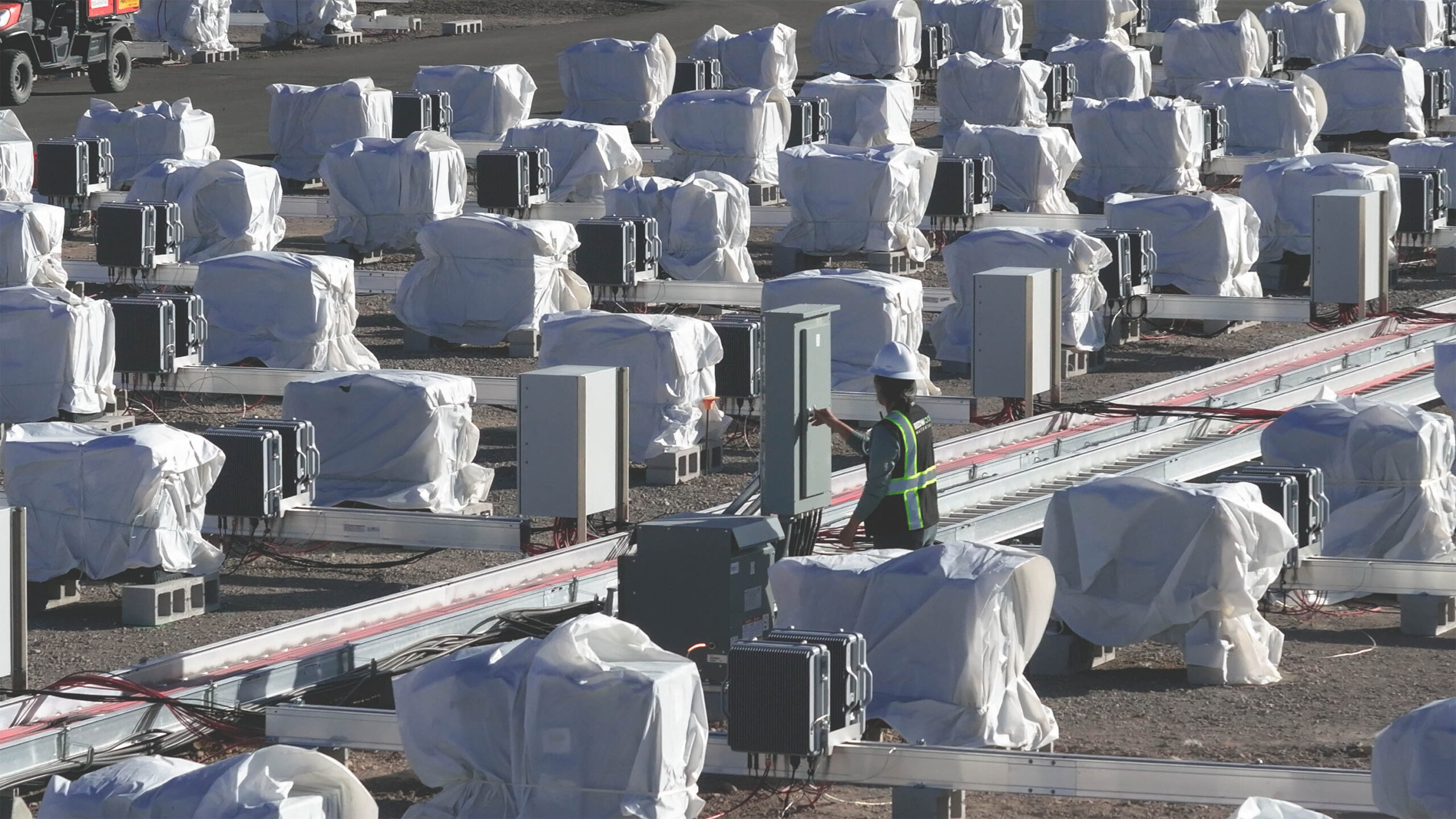
AI can democratize access to information to deliver a “white-glove experience” once reserved for senior executives, Previn said. That might include, for example, real-time information retrieval and intelligent process execution for every employee.
“Usually, in a large company, you’ve got senior executives, and you’ve got early career hires, and it’s not financially feasible for everyone in the company to have an executive assistant, a chief of staff, an HR partner, a lawyer, a graphic designer, a communications person, a blog writer, and so on and so on. But with AI, we can actually do that at scale for everything in our company and create this kind of white-glove experience for everybody,” Previn said.
Previn singled out a Cisco agent called Circuit, an employee-facing AI assistant designed to act like a trusted coworker who has been at Cisco for decades.
“Circuit connects to a range of data sources and AI models to carry out tasks on behalf of employees, whether it’s checking calendars, initiating vacation requests or interacting with HR systems,” he said. “Instead of forcing employees to learn tools or navigate APIs, AI agents orchestrate processes across systems behind the scenes. The goal is to evolve enterprise work from searching for data to simply stating intent—like having a conversation with a knowledgeable, action-oriented colleague.”
Circuit is just one of many agents Previn said the company uses internally. But does a proliferation of agents contradict Previn’s simplification tenant?
While growth in agents may increase complexity for a time, Previn believes that will be a temporary issue. “Ultimately, as agents become more capable, the need to know where or how to complete tasks disappears. Tasks are delegated to the right AI agents, who work across systems transparently without involving the employee,” Previn said.











